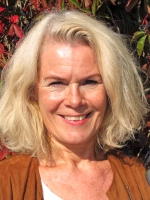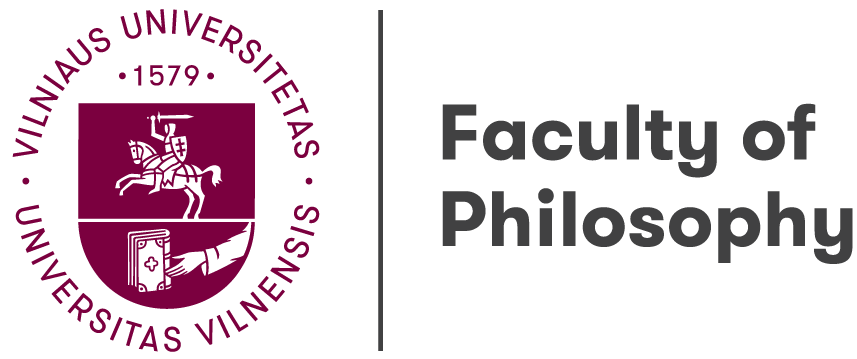Keynote speakers

Grete Brochmann
Professor of Sociology
Grete Brochmann is Professor of Sociology, Department of Sociology and Human Geography at the University of Oslo. She has published several books and articles on International migration; sending and receiving country perspectives, EU policies, welfare state dilemmas as well as historical studies on welfare policy and immigration. She has served as a visiting scholar in Brussels, Berkeley, and Boston. In 2002 she held the Willy Brandt visiting professorship in Malmo, Sweden. She has been head of two national commissions on immigration and the sustainability of the Norwegian welfare model. Brochmann has held various positions in the Norwegian research Council and she is member of The Norwegian Academy of Science.
Title of key note: “Immigration and the sustainability of the Nordic Model. Institutional and political challenges.”
In the key note talk, Grete Brochmann will deal with the interplay between institutions and policy making. How to deal with large inflows of people with low or mismatched qualifications seen from the receiving side - and besides; from cultures that are believed – among parts of the public - to be difficult to match with Nordic ways of life.
Scandinavian welfare societies are undergoing structural upheaval. And the quandaries resemble those of other countries: ageing, labour market transformation, digitalization and large scale immigration. Scandinavian resilience – the Nordic model’s capacity for adjustment and ability to weather crises – is usually ascribed to its strong trust-based system, a balanced labour market/welfare state nexus, consensual politics, and cultural and religious homogeneity. Lately, however, pressure has come down on Scandinavian reliance on welfare state mechanisms as a way to moderate capitalism; as a way to strike a balance between politics and the market, and besides, the welfare state’s nation-building project is being challenged. The pressures evolve along two dimensions. One, economic globalization and digitalization are producing material effects that are stressing the civic contract of the welfare state – a system in which most citizens work and pay high taxes in return for social protection, from cradle to grave. In the context of structural upheaval, the welfare model is both to problem and the solution.


